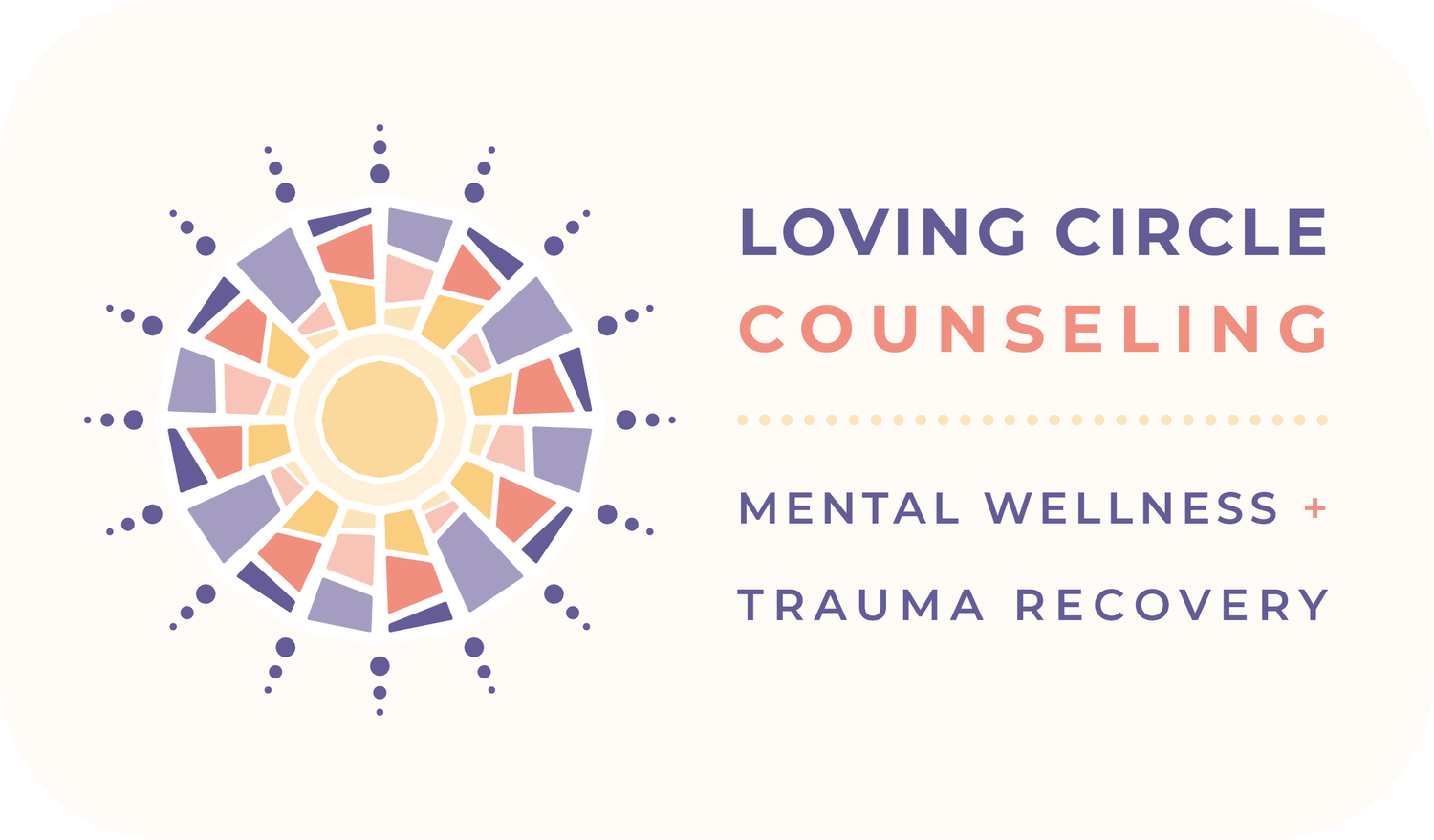The Transformative Power of Mindfulness: A Key to Mental Wellness and Trauma Recovery
In the fast-paced, often chaotic world we live in, the practice of mindfulness is a powerful tool for enhancing mental wellness and supporting individuals on their journey to trauma recovery. Mindfulness, rooted in ancient contemplative traditions, is gaining recognition in therapeutic settings for its ability to cultivate awareness, resilience, and a profound connection between the mind and body. In this blog post, we will explore the significance of mindfulness in relation to mental wellness and trauma recovery.
1. Understanding Mindfulness:
Mindfulness involves cultivating a heightened awareness of the present moment without judgment. It encourages individuals to observe their thoughts and feelings with acceptance, fostering a non-reactive and compassionate relationship with their internal experiences.
2. Stress Reduction and Emotional Regulation:
Mindfulness has been shown to reduce stress and anxiety significantly. For individuals recovering from trauma, managing overwhelming emotions is a crucial aspect of the healing process. By practicing mindfulness, individuals can develop skills to regulate their emotions and respond to stressors more resiliently.
3. Reconnecting with the Body:
Trauma often leads to a disconnection between the mind and body. Mindfulness practices, such as body scan meditations and mindful movement (e.g., yoga), help individuals reconnect with their bodies. This embodied awareness can be a profound step towards healing from the physical and emotional impact of trauma.
4. Building Resilience:
Mindfulness encourages a mindset of resilience by teaching individuals to approach challenges with a sense of curiosity and openness. This resilience is a valuable asset in the face of adversity, aiding individuals in navigating the ups and downs of the trauma recovery journey.
5. Interrupting Patterns of Rumination:
Trauma survivors may often find themselves trapped in cycles of intrusive thoughts and rumination. Mindfulness interrupts these patterns by teaching individuals to observe their thoughts without becoming entangled in them. This shift in perspective can break the cycle of re-traumatization and empower individuals to regain control over their mental processes.
6. Enhancing Self-Compassion:
Mindfulness encourages self-compassion, a vital component of mental wellness and trauma recovery. By approaching one's thoughts and feelings with a non-judgmental attitude, individuals can develop a greater sense of self-acceptance and self-kindness, counteracting the negative self-perceptions that often accompany trauma.
7. Improving Concentration and Focus:
Trauma can impact cognitive functions, leading to difficulties in concentration and focus. Mindfulness practices, such as focused breathing exercises, have been shown to enhance cognitive abilities and improve attention, providing practical benefits for individuals navigating the challenges of daily life.
8. Promoting Sleep and Relaxation:
Many trauma survivors experience disruptions in sleep patterns and struggle with relaxation. Mindfulness techniques, such as progressive muscle relaxation and guided imagery, can promote better sleep hygiene and induce a sense of relaxation, contributing to overall mental well-being.
In summary:
Mindfulness is a profound and accessible practice with transformative potential for mental wellness and trauma recovery. By cultivating present-moment awareness, managing stress, reconnecting with the body, and fostering resilience, individuals can embark on a journey of healing that encompasses the mind, body, and spirit. Incorporating mindfulness into daily life is not just a skill but a gift—one that can empower individuals to reclaim their lives and thrive beyond the impact of trauma.
